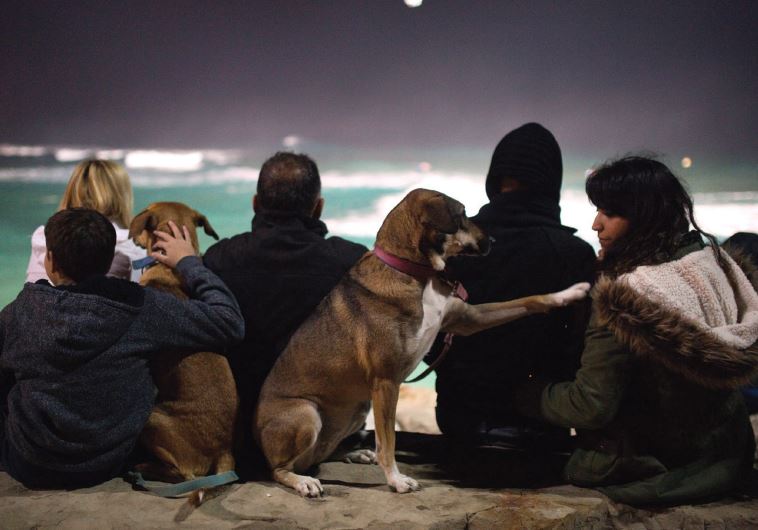MY WORD: Lost and found
Social media can be used for something positive, like reuniting pets with owners, or to cause harm.
 DOGS SIT with spectators watching a night-surfing competition in Ashdod last month(photo credit: AMIR COHEN - REUTERS)Updated:
DOGS SIT with spectators watching a night-surfing competition in Ashdod last month(photo credit: AMIR COHEN - REUTERS)Updated: